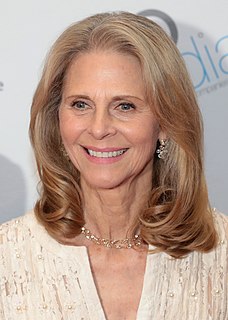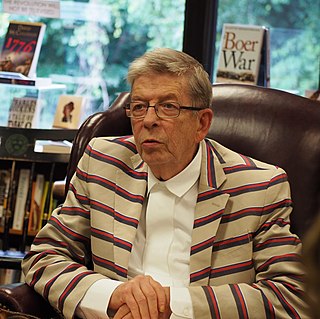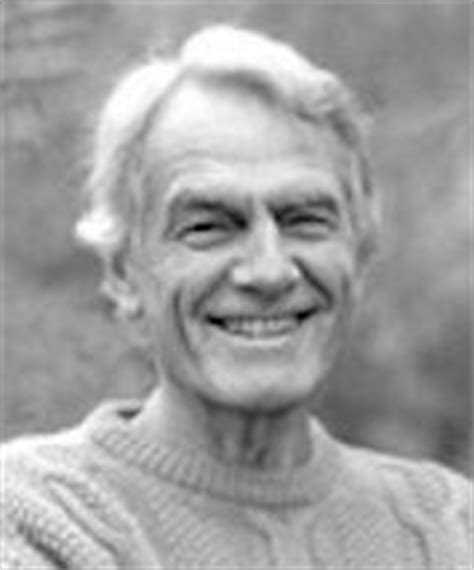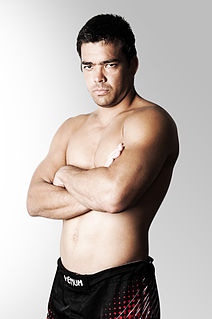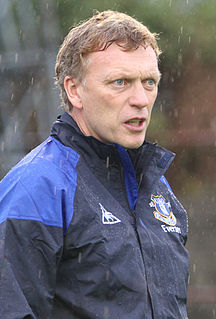A Quote by Mata Amritanandamayi
Talking high philosophy often confuses people, but a look from an egoless person can lift the clouds of pain and despair.
Related Quotes
What is courage? This courage will not be the opposite of despair. We shall often be faced with despair, as indeed every sensitive person has been during the last several decades in this country. Hence Kierkegaard and Nietzsche and Camus and Sartre have proclaimed that courage is not the absence of despair; it is, rather, the capacity to move ahead in spite of despair.
Poetry has its uses for despair. It can carve a shape in which a pain can seem to be; it can give one’s loss a form and dimension so that it might be loss and not simply a hopeless haunting. It can do these things for one person, or it can do them for an entire culture. But poetry is for psychological, spiritual, or emotional pain. For physical pain it is, like everything but drugs, useless.
Compared with the person who is conscious of his despair, the despairing individual who is ignorant of his despair is simply a negativity further away from the truth and deliverance. . . . Yet ignorance is so far from breaking the despair or changing despair to nondespairing that it can in fact be the most dangerous form of despair. . . . An individual is furthest from being conscious of himself as spirit when he is ignorant of being in despair. But precisely this-not to be conscious of oneself as spirit-is despair, which is spiritlessness. . . .
The people with the best sense of what is essential to a community, of what gives and maintains its spirit, are often doing very humble, manual tasks. It is often the poorest person - the one who has a handica[p, is] ill or old - who is the most prophetic. People who carry responsibility must be close to them and know what they think, because it is often they who are free enough to see with the greatest clarity the needs, beauty and pain of the community.





